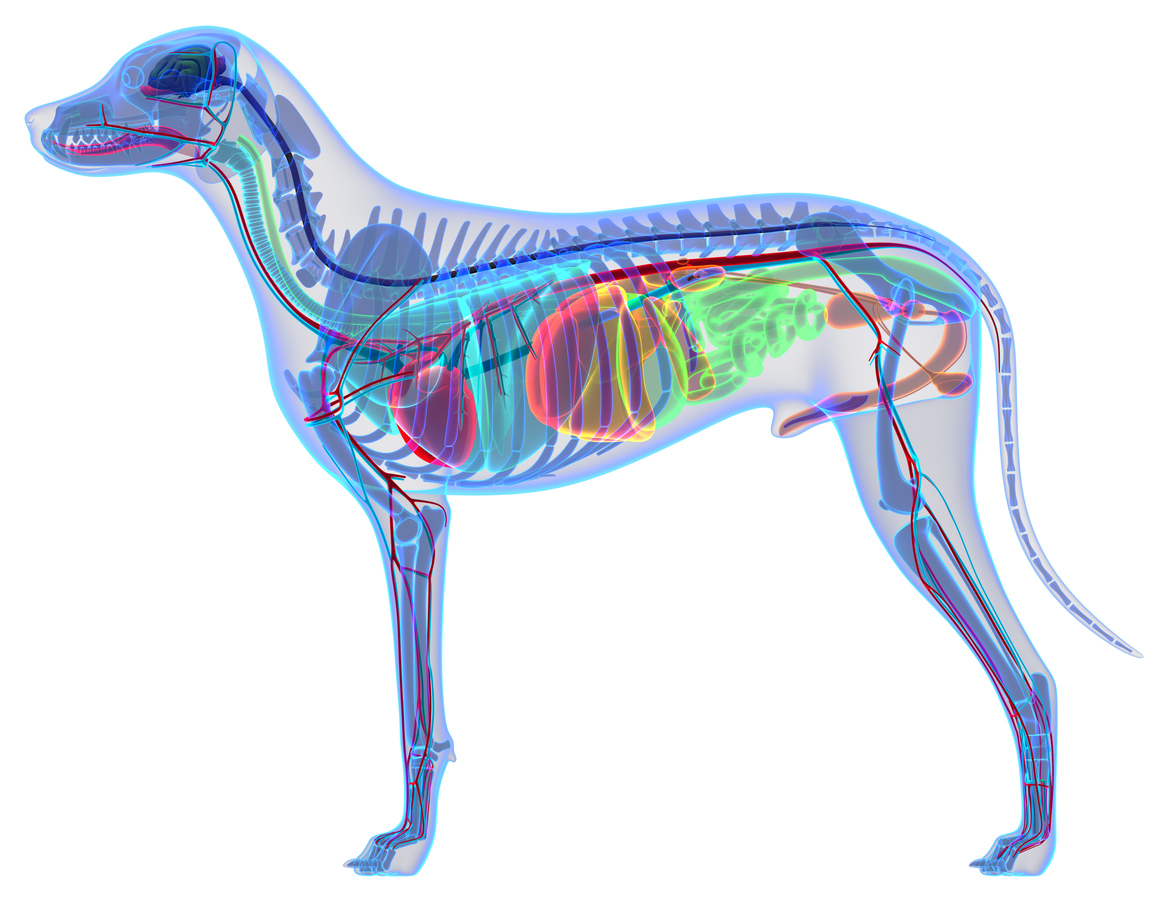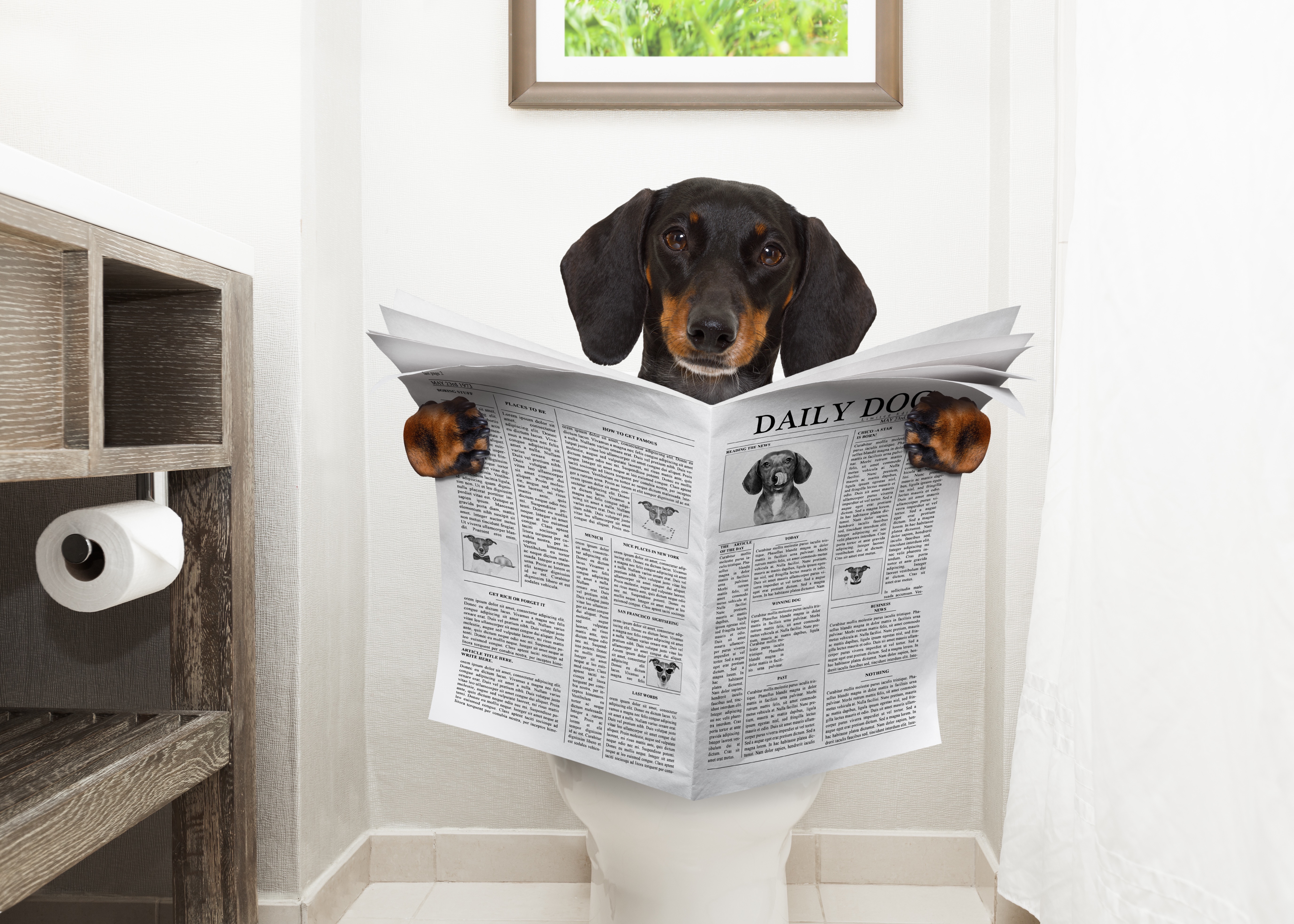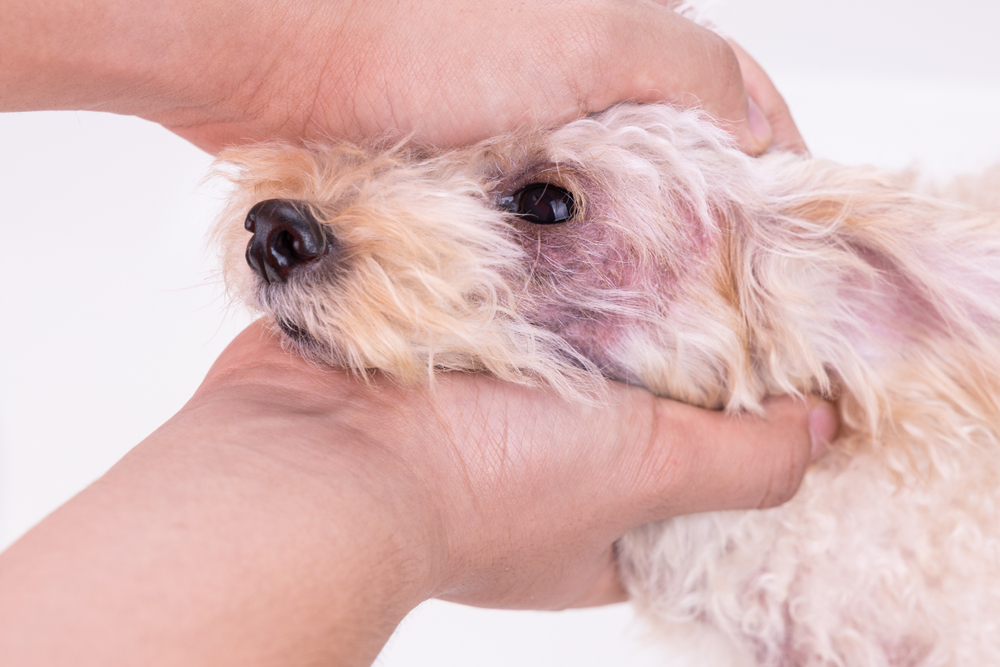Is Your Dog more Stressed During Covid Times?
Did you know 1 in 4 people will experience a mental health problem of some kind each year in the UK. The fear and uncertainty surrounding COVID-19 has driven more panic and concerns far above normal levels. Perhaps you have returned to work and now experiencing a problem with separation anxiety with yourself and/or your dog? Some experts estimate that around 14% of dogs suffer from it. Just like us our dogs can experience anxiety, stress and even depression. Our dogs are known to mirror us, so if you are neurotic and anxious yourself your dog is likely to be experiencing the uncomfortable feelings and stress too.
Swedish researchers studied 33 Shetland Sheepdogs and 25 Border Collies – as well as their owners who answered questions about traits including extraversion, agreeableness, neuroticism and openness. They were tested via hair through measurements in the hormone cortisol which is a measure of physiological stress, that can be raised during mental distress. It can also be elevated for short periods such as when illness occurs or during exercise.
What is anxiety
It’s a condition manifesting in symptoms like panic attacks, feeling anxious in social situations andObsessive-Compulsive Disorder (OCD), to name a few. When these feelings begin to arise regularly in the absents of an actual threat, it can have a negative effect on physical health and emotional wellbeing.
When we feel threatened, the nervous system responds by realising a flood of stress hormones, including adrenaline and cortisol, which stir up the body ready for emergency action, known as the‘ fight or flight’ response. This results in an increase in heart rate, blood pressure and breathing rate. Ongoing,chronic stress and anxiety can lead to depression and heart disease.
Possible signs and symptoms in dogs
· Whining, barking or howling when left home alone
· Panting, pacing and general inability to settle
· Shivering/shaking
· Destructive behaviours
· Self-harm, including excessive licking or chewing
· Not wanting to eat
· Diarrhoea
· Urine dribbling or urinating more frequently
· Trying to escape, bolting or hiding
· Lip licking or yawning
· Turned back ears and dilated pupils
· Raising one paw
· Lowering of the body and head
Please know that many of the signs and symptoms can demonstrate other disease and issues including pain. Seeing a veterinarian and trained practitioner can help you discover what is really going on.
What causes Anxiety in dogs
Our dogs are exposed to stressful situations on a daily basis and something what we think is a simple task can be the complete opposite for them. Visits to the vet, groomers and having their nails trimmed for example, can stress them out considerably. When our dogs are exposed to excessive amounts of situations and activities that they feel uneasy about, this can lead to stress triggers and consequently cause anxiety.
Some dogs simply have a nervous disposition which may have stemmed from puppyhood. The lack of socialisation during the critical period between 3-12 weeks old is essential if the pup will develop into a well-balanced and relaxed dog. Breed related and genetics also play apart. Working dogs and those who compete in agility, fly ball and gaming sports can experience the pressure to the build-up to their task which causes stress and anxiety. High energy and intelligent dogs also are predisposed to anxiety as they tend to worry about stuff as their brain is so wired. Other causes can be from a stressful or frightening time such as past trauma, illness or abuse;rescue dogs in particular stand a greater chance of experiencing this.
Phobias; loud noises such as thunder and fireworks can be an issue for many dogs due to their hearing being more sensitive to ours. Fast-moving traffic, especially on a wet day, and travelling in the car can also make a dog feel uneasy. Life can be so stressful for our companion animals but fear not, there are many natural and non-invasive methods we can use to support them if they are struggling with any of these symptoms.
Severe aggression......
Conventional veterinary approach to anxiety in pets
Routinely, a vet would do a physical exam and possible blood work to check there is no medical problem going on. Rarely diet would be considered as a cause of anxiety or behaviour issues and will likely to be over looked. Anti-depressant type drugs like Prozac and tranquillisers will be prescribed, yes, you heard correctly! Dogs and cats are given similar drugs that humans use for depression. So, is medication really necessary?
SSRI'S
*Here at MPN, we aim to identify the root cause and treat accordingly.
Why is diet so important
Just like us, our pets need a healthy diet to sustain a healthy life. A change in diet from processed food to fresh can have astounding results on behaviour and mood. Many processed foods have high chemical content, high amounts of carbohydrates (sugar), synthetic vitamins and minerals and lack of the all-important vitamin B complex (especially B6 which helps the brain produce dopamine naturally) this water-soluble vitamin deteriorate rapidity when exposed to heat (as we know processed kibble is cooked a very high temperatures). Dry foods also have a large amount of E numbers. As we have known for decades, feeding children food that contain these can spike hyperactivity so why would it be any different for our pets.
Supplements
Probiotics
The gut microbiota has strong links to the brain and how they interplay, you may have heard of ‘The gut-brain axis’ or the ‘second brain’. Not only is the gut microbiota responsible for letting nutrients into the body, it’s also directly connected to the brain. As these are strongly linked, maintaining gut integrity is key.
Addition of a good soil-based probiotic is recommended, we like KikiBody Biotics. Found here https://www.greensforhealthypets.co.uk/product/body-biotics-probiotic/
Ashwagandha
We love this wonderful herb here at MPN.It has been studied for its benefits in neurological disorders. Clinically Ashwagandha is found to be very helpful to calm anxiety and is seen as an adaptogenic, meaning it will help increase effect when activity is low but will block excess stimulation when activity is too high.
Magnesium
Is an essential mineral that plays an important part in many bodily functions. It supports the immune system, helps regulate blood pressure and plays a part in the body’s response to stress. COMT
L-Theanine
Vitamin B-6
As mentioned, this vitamin is an absolute must for anxious dogs as it helps calm the nervous system. It aids the body make hormones serotonin, which regulates mood, and norepinephrine, which helps the body to cope with stress.
Vitamin B12
Chamomile
Is a calming and powerful sedative. It is gentle on the stomach and can help relax your dog when nervous.
Valerian
Is the most widely recognised herbal sedative. It is safe, gentle and can help calm nerves and achieve physical relaxation.
Skullcap
Another well recognised herb that has astounding effect on the nervines. Commonly used for acute or chronic cases of nervous tension or anxiety.
Lemon Balm
Is a lovely herb that can help with stress and irritability. It can support dogs who are dealing with separation anxiety and has a soothing effect on the digestive tract.
Rescue Remedy (flower essence formula for pets)
This formula was created with pets in mind. It contains a blend of Rock Rose,Impatiens, Clematis, Star of Bethlehem, and Cherry Plum. 4 little drops on their tongue can do wonders!
Ways to support Anxious dogs
Music
Calming music like classical, reggae and soft rock has a calming effect on dogs. A study from the University of Glasgow 2017showed that these types of music helped dogs who were kennelled, and helped chill them out for a while. Although the music didn’t significantly stop the dogs from barking, what it did show was they spent more time lying down than standing or running around.
Massage
Canine massage therapy is used through direct work on the dog's soft tissues. Pretty much identical to why we have a massage! - It can alleviate stress, and relax tight muscles.
It has many other health benefits such as reduce pain, improve blood flow, strengthen the immune system and improve digestion. Search in your area under complementary therapies. Findings here https://yorkshirepooches.co.uk/services-2/
Meditation
Is an exceptional way to manage stress and anxiety. Panicking and being stressed lowers the immune system and has the same effect on our pets. Check out YouTube where you can find many guided meditations for you and your dog to do together, give it a go its very relaxing!
Tellington TTouch
Is a massage technique developed by Linda Tellington-Jones that reduces tension and changing behaviours in dogs. Originally used to relax horses she found the circular movements was also useful for other animals and adapted her technique for dogs in the 1980’s. In effect of using this technique on dogs it relaxes muscle tension, allowing heart rate and blood pressure to slow, and bringing stress levels down. Telling-Jones says her goal of TTouch is to “stimulate the function and vitality of cells in an animal’s body, and to activate unusual neural pathways to the brain.”
Thundershirts
Like swaddling a baby in a blanket, the Thundershirt applies a gentle,constant pressure to your dog or cat's torso. Research on both humans and animals suggests, that this type of pressure can realise a calming hormone like oxytocin or endorphins. One of the reasons why we love to hug!
Other things to consider
Boredom can be mistaken as anxiety. An unstimulated dog will show tendencies of anxious behaviours like stealing things for your attention. Regular exercise, especially off lead so they can have a good run around, swimming, and stimulating activities (snuffle matt and puzzle toys for example) can curb these tendencies so contacting a dog behaviourist maybe an option to rule this out first.
Pain
If you are concerned about your pets wellbeing and think we may be able to help. Check out our consultations. Thank you for reading and remember to relax and breath!
Thanks for reading.
Teresa x

















